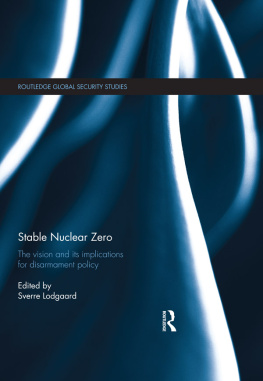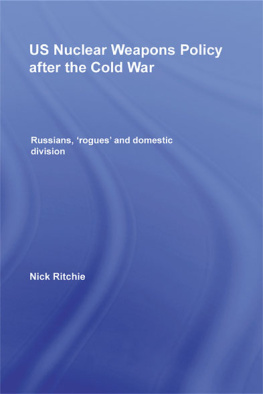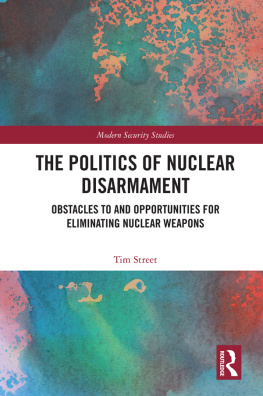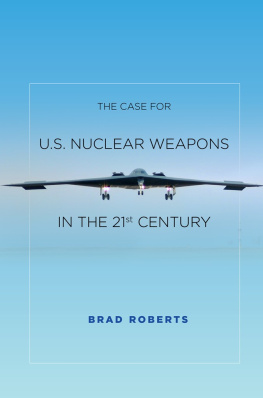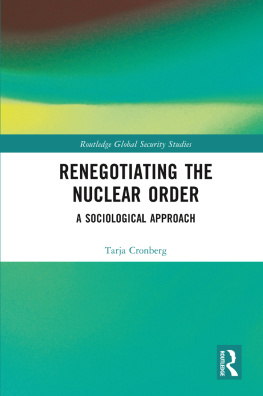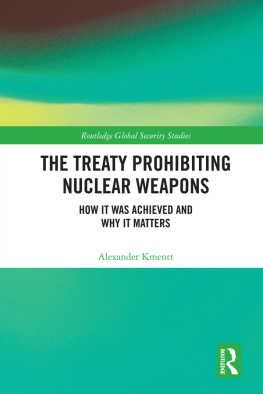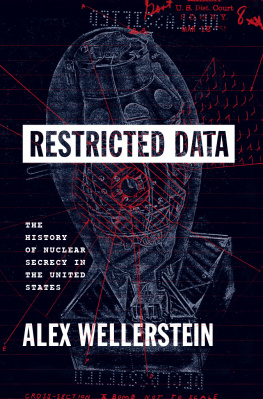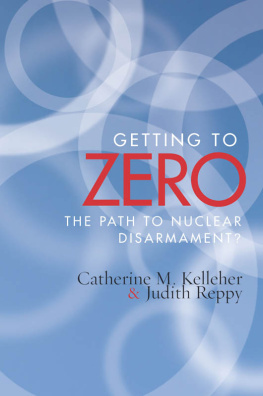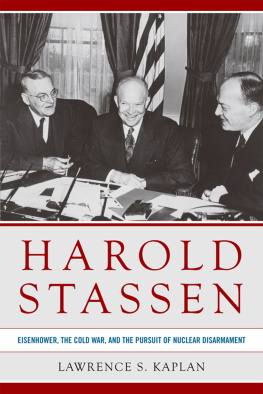A Volume in the Series
Culture, Politics, and the Cold War
Edited by Christian G. Appy and Edwin A. Martini
Other Titles in the Series
James T. Fisher , Dr. America: The Lives of Thomas A. Dooley, 19271961
Daniel Horowitz , Betty Friedan and the Making of The Feminine Mystique: The American Left, the Cold War, and Modern Feminism
Tom Engelhardt , The End of Victory Culture: Cold War America and the Disillusioning of a Generation
Christian G. Appy, ed ., Cold War Constructions: The Political Culture of United States Imperialism, 19451966
H. Bruce Franklin , Vietnam and Other American Fantasies
Robert D. Dean , Imperial Brotherhood: Gender and the Making of Cold War Foreign Policy
Lee Bernstein , The Greatest Menace: Organized Crime in Cold War America
David C. Engerman, Nils Gilman, Mark H. Haefele, and Michael E. Latham, eds. , Staging Growth: Modernization, Development, and the Global Cold War
Jonathan Nashel , Edward Lansdales Cold War
James Peck , Washingtons China: The National Security World, the Cold War, and the Origins of Globalism
Edwin A. Martini , Invisible Enemies: The American War on Vietnam, 19752000
Tony Shaw , Hollywoods Cold War
Maureen Ryan , The Other Side of Grief: The Home Front and the Aftermath in American Narratives of the Vietnam War
David Hunt , Vietnams Southern Revolution: From Peasant Insurrection to Total War
Patrick Hagopian , The Vietnam War in American Memory: Veterans, Memorials, and the Politics of Healing
Jeremy Kuzmarov , The Myth of the Addicted Army: Vietnam and the Modern War on Drugs
Robert Surbrug Jr ., Beyond Vietnam: The Politics of Protest in Massachusetts, 19741990
Larry Grubbs , Secular Missionaries: Americans and African Development in the 1960s
Robert A. Jacobs , The Dragons Tail: Americans Face the Atomic Age
Andrew J. Falk , Upstaging the Cold War: American Dissent and Cultural Diplomacy, 19401960
Jerry Lembcke , Hanoi Jane: War, Sex, and Fantasies of Betrayal
Anna G. Creadick , Perfectly Average: The Pursuit of Normality in Postwar America
Kathleen Donohue, ed ., Liberty and Justice for All? Rethinking Politics in Cold War America
Jeremy Kuzmarov , Modernizing Repression: Police Training and Nation-Building in the American Century
Roger Peace , A Call to Conscience: The AntiContra War Campaign
Edwin A. Martini , Agent Orange: History, Science, and the Politics of Uncertainty
Sandra Scanlon , The Pro-War Movement: Domestic Support for the Vietnam War and the Making of Modern American Conservatism
Patrick Hagopian , American Immunity: War Crimes and the Limits of International Law
Matthew W. Dunne , A Cold War State of Mind: Brainwashing and Postwar American Society
David Kieran , Forever Vietnam: How a Divisive War Changed American Public Memory
Andrea Friedman , Citizenship in Cold War America: The National Security State and the Possibilities of Dissent
Chad H. Parker , Making the Desert Modern: Americans, Arabs, and Oil on the Saudi Frontier, 19331973
Copyright 2016 by University of Massachusetts Press
All rights reserved
Printed in the United States of America
ISBN 978-1-61376-480-0
Cover design by Jack Harrison
Library of Congress Cataloging-in-Publication Data
Names: Rubinson, Paul, 1977 author.
Title: Redefining science : scientists, the national security state, and nuclear weapons in Cold War America / Paul Rubinson.
Description: Amherst : University of Massachusetts Press, [2016] | Series:
Culture, politics, and the Cold War | Includes bibliographical references and index.
Identifiers: LCCN 2016033965| ISBN 9781625342447 (pbk. : alk. paper) | ISBN 9781625342430 (hardcover : alk. paper)
Subjects: LCSH: Nuclear weaponsGovernment policyUnited StatesHistory20th century. | ScienceSocial aspects. | ScientistsUnited StatesBiography. | Science and stateUnited StatesHistory20th century. | Nuclear warfareGovernment policyUnited StatesHistory20th century. | Antinuclear movementUnited StatesHistory20th century. | Nuclear disarmamentUnited StatesHistory. | National securityUnited StatesHistory20th century. | Cold War.
Classification: LCC U264 .R83 2016 | DDC 355.02/17097309045dc23 LC record available at https://lccn.loc.gov/2016033965
British Library Cataloguing-in-Publication Data
A catalog record for this book is available from the British Library.
I grew up in Baltimore during the 1980s, and I have a distinct memory of Charles Street where it crosses the county line heading south into the city, marked by a street sign that declared Baltimore a nuclear-free zone. While I noticed the sign, it never seemed particularly specialafter all, nuclear weapons were everywhere. My friends and I nuked each other playing in the backyard; my family and I nuked food in the microwave. Nuclear weapons were plot devices in movies and lead stories on the news. Only later did I come to see this aspect of my childhood as bizarre for seeming so normal at the time.
I started college after the end of the Cold War, eager to understand why it had culminated not in the devastation of thermonuclear war but, as I understood it then, the victory of peace movements. In a sociology class on social movements, I studied the antinuclear activism of the 1980s and read oddities like You Could Be the Hundredth Monkey. While my generation was constantly accused of apathy, these antinuclear protesters from the 80s seemed incomparably superior, having challenged the superpowers and prevented World War III. Schooled in the sociological literature, I came to believe that social movement success was just a matter of properly mobilizing resources or aligning frames. Years later, having become a historian, I still took it for granted that social movements could influence U.S. foreign policy: obviously, it had to happenelites simply refused to admit it. When I began to write a book about the antinuclear movement, I decided to look at scientists because they were an unlikely source of activism but also powerful elites who would certainly have influenced policy.
But during a research trip to the University of Chicago over a Halloween weekend, I remember not finding evidence of that influence despite days of combing through documents. Discouraged, I wandered the cold grounds after the archive closed early on Saturday and ended up watching a particularly hapless football game between UC and Carnegie Mellon at Stagg Field. After all, it was beneath this structure some sixty years earlier where Enrico Fermi and his peers had successfully created the worlds first controlled fission reaction as part of the Manhattan Project. Perhaps I hoped some sort of insight might trickle up from the radioactive residue of that historic moment, but, like the UC football team that day, luck wasnt on my side.


